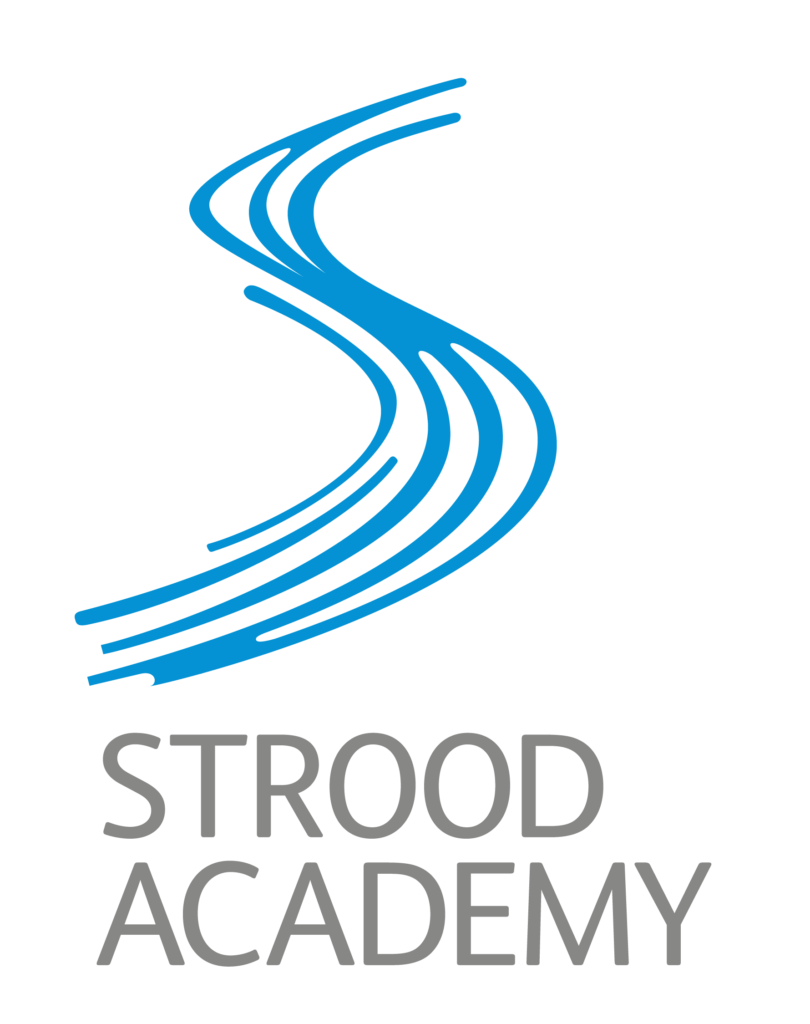Schedule of learning
Elements of Music (Weeks 1-6)
- DR SMITH (Dynamics, Rhythm, Structure, Melody, Instrument, Tempo, Harmony)
What is an element? - What are the elements of music?
- How do we apply these elements within a composition?
- How can we analyse music using DR SMITH?
- How do the elements impact a piece of music?
- Can musical elements influence how we listen to music?
- How interesting would music be without elements?
Inquiry Question: How are musical elements used to create expression & composition within music?
- Criteria A – How do Musical Elements communicate meaning to an audience?
- Criteria B – Practically exploring ideas using the musical elements.
- Criteria C – Rehearse and perform an original or existing piece of music.
- Criteria D – Setting actions and targets to develop performance skills.
Popular Song (weeks 7-12)
- Keyboard Skills
- Exploring genres of music – Classical, Pop & Reggae
- Understanding Melody – How do we read and play a melody from the treble clef?
- Theory – What is a chord sequence? How do we produce and play chords?How do we play chords on the keyboard?
- Technique – How do we play scales?
Inquiry question: How does music communicate with different cultures around the world?
- Criteria A – Understanding different music techniques, traditions, practises and styles.
- Criteria B– Practically explore ideas for example through motifs, instrumentation, technology and styles and so on.
- Criteria C – Perform music to an audience
- Criteria D– Reflect on their acquisition and developments of skills and techniques.


